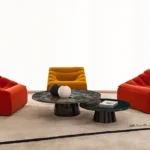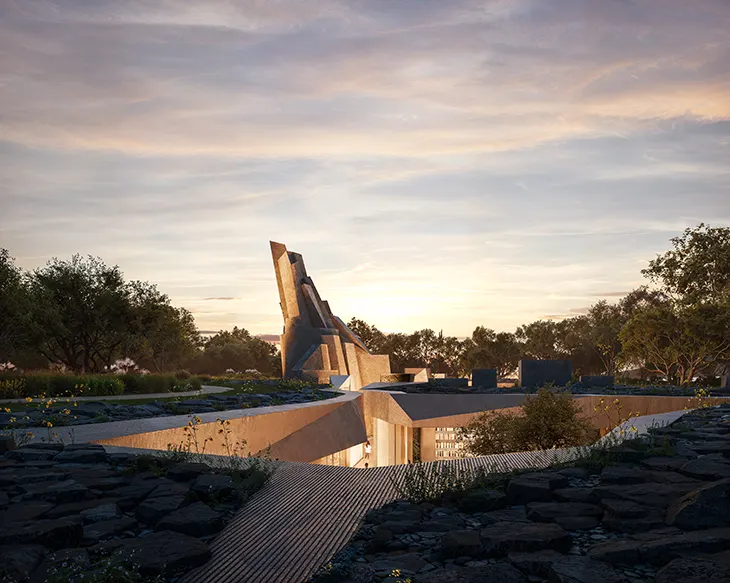
The Küçükçekmece Djemevi, a project by EAA in collaboration with the Istanbul Metropolitan Municipality, achieved a landmark award at the World Architecture Festival by winning the grand prize for “Future Project of the Year.” Among 14 first-place winners across different categories, the Djemevi emerged as a symbol of innovation and thoughtful design. This victory also marked the first time a project from Turkey received such recognition, further elevating its importance on the global stage.
An Award-Winning Vision
In addition to this prestigious honor, the project was also granted the WAFX Award in the “Power and Justice” category. This award celebrates designs addressing critical global challenges such as climate change, ethics, and social justice through innovative architectural approaches. The Djemevi’s design is deeply rooted in addressing societal challenges, reflecting its broader purpose beyond the physical structure.
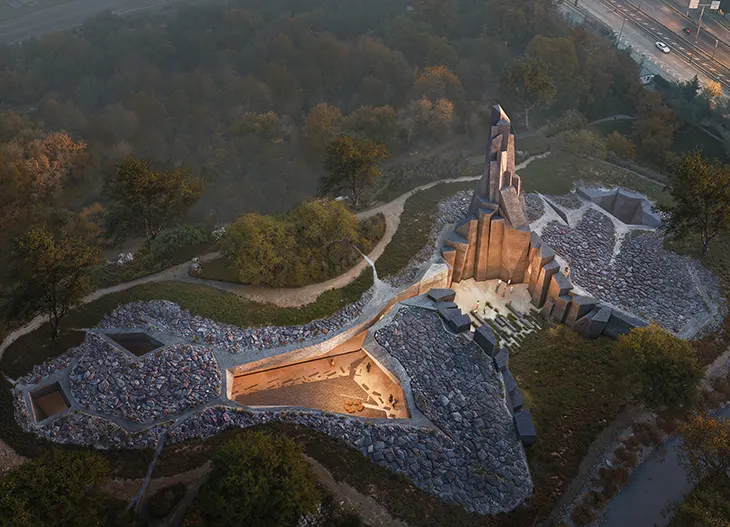
A Response to Marginalization
Set against a sociological backdrop of marginalization and identity-driven policies, the Djemevi aims to reclaim space and agency for the Alevi community. Often subjected to systemic isolation, Alevis have long lacked spaces that reflect their cultural and spiritual identity. The design process began with an in-depth study of both oral and written traditions associated with Alevism. Patterns and principles from “cem” rituals, which center on gathering and unity, informed the architectural decisions, ensuring the space meets the community’s unique needs.
Integration with Urban Needs
The project site, previously used as a parking lot, revealed a need for a high-quality recreational area for the surrounding region. The design addressed this by transforming the site into a vibrant city park with multi-functional spaces. Utilizing the natural topography, the djemevi and its supporting facilities were placed on a lower level, creating distinct yet interconnected spaces. The arrangement prioritizes accessibility, with fragmented structures that connect with the park above through both visual and physical pathways.
The creation of courtyards between these structures serves as a practical and symbolic gesture. These open spaces provide flexible areas for community gatherings, cultural events, and quiet reflection while maintaining a strong connection to the larger park setting.
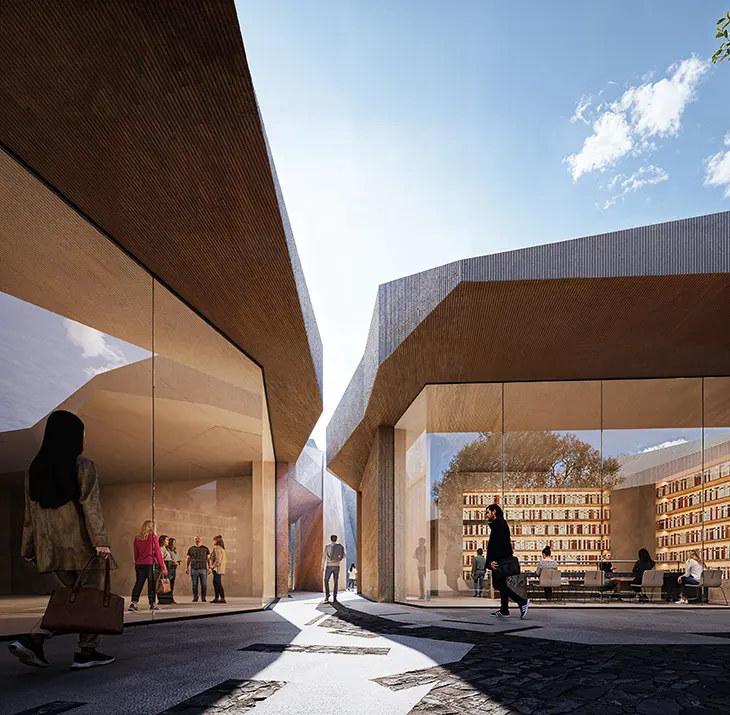
Traditional Values in a Modern Context
Drawing inspiration from traditional rural layouts, the communal spaces, including Hayat (Life), the Dining Hall, Reading Room, and Classrooms, are arranged to evoke a familiar sense of unity and function. The design echoes the calm atmosphere of the nearby transportation artery, creating spaces that feel both grounded and inviting.
At the heart of the structure is the worship area, which reflects the essence of Alevism’s communal rituals. Spaces such as the Conversation Square and Cem Square were designed to facilitate the ceremonial gathering of individuals, embodying the principles of equality and unity inherent in the tradition.
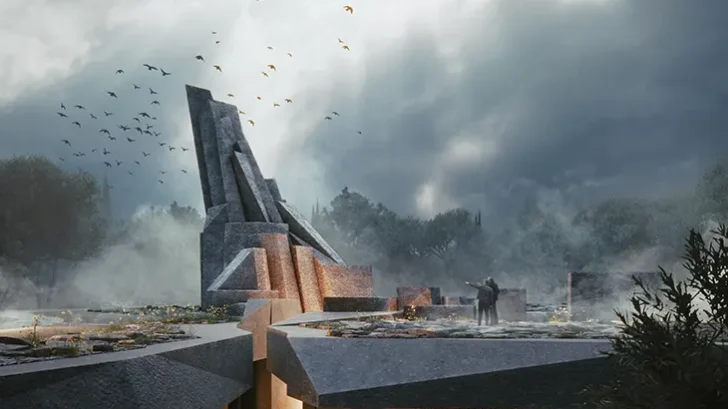
About EAA-Emre Arolat Architecture
EAA-Emre Arolat Architecture, founded in 2004 by Emre Arolat and Gonca Pasolar, is a globally recognized firm with offices in Istanbul, New York, and London. Known for blending local context with contemporary design, EAA has received awards like the Aga Khan Award and RIBA International Prize. Co-founder Emre Arolat is a respected lecturer and Honorary Fellow of the AIA.


